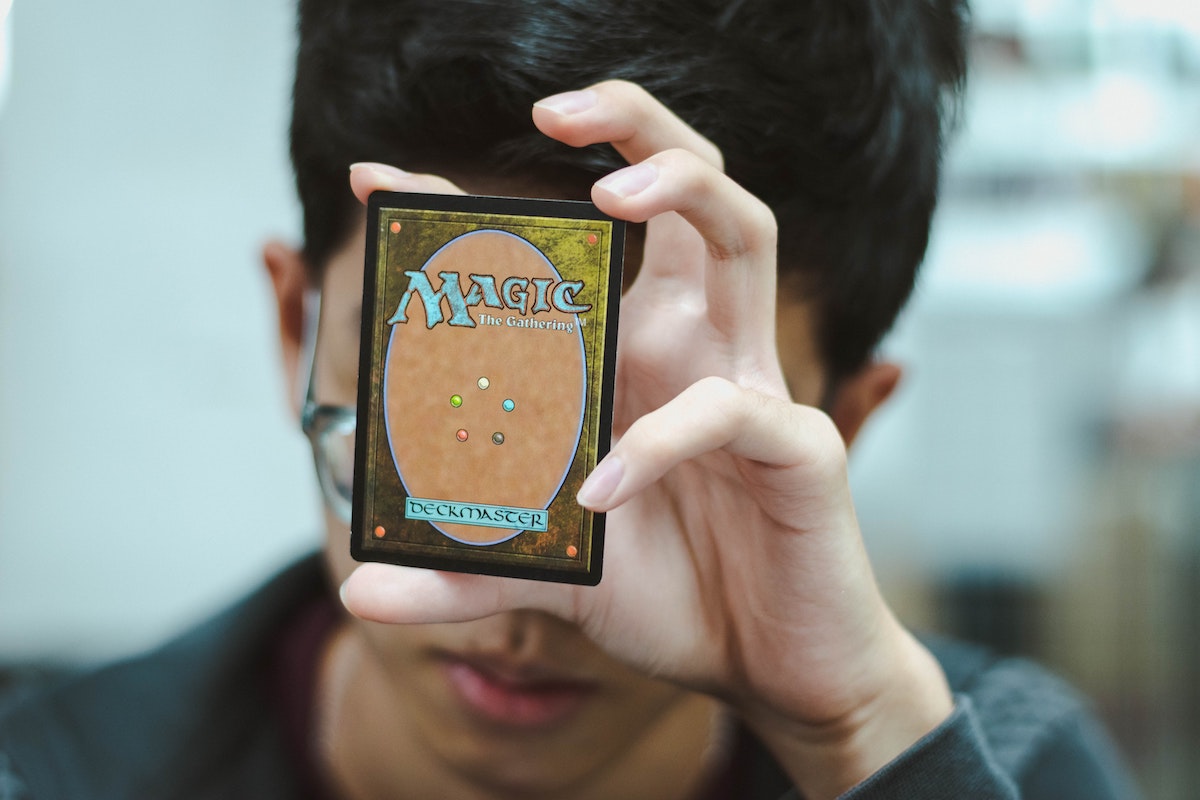Creating an estate plan can sometimes fall under the list of things we know we should do but don’t get around to. And that can be doubly true when it comes to unusual assets.
From collectible comics to patents to works of art, unusual assets can be valuable—and offer significant returns on investment—even though they don’t fit into a neat, standardized financial category. This is exactly why you should create a plan for them now.
Determining asset value
Part of the challenge presented by unusual assets is that their value can be hard to pin down. You can get a painting appraised and likely have a reasonable guess concerning what it could be sold for—for now. But that number could be different in a year. And how about a collectible with a potentially less conventional audience than a painting?
Earlier this year, a Magic: The Gathering collectible card, the Black Lotus, sold on eBay for over $500,000. Clocking in as a solid win for enthusiasts of all things quirky and nerdy, it’s also not hard to see how the financial value of this Black Lotus card could have evaded a hypothetical beneficiary.
Tax implications
One of the reasons that unusual assets are often overlooked in the estate planning process is that the collector is only taxed if they decide to sell. A beneficiary, on the other hand, will be taxed according to the appraised value at the time of death.
But if the beneficiary is unaware of the value of the assets they’re inheriting, then that Black Lotus card could end up being sold for far less than it was worth.
Revocable living trusts
Revocable living trusts can go a long way toward helping a beneficiary understand the unusual assets they’ve inherited and making sure said assets are either held with an appreciation for their actual value or sold for what they’re actually worth.
Trusts typically have a grantor (the person with something to pass on), a trustee (whose job it is to manage the assets in the trust), and one or more beneficiaries (who inherit the assets). People set up trusts for many reasons, including lightening the estate tax burden on their heirs, privacy, and bypassing probate, the costly and time-consuming process of proving a will in court.
The good news for collectors is that with a living revocable trust, you can be both the grantor and a trustee, meaning that you can set up the trust and manage it in a way that makes sense for you. Furthermore, you can designate a co-trustee—someone you trust who also understands the value of your assets and can guide your beneficiaries in appraising, selling, or maintaining the assets.
Conversations to have
It may also be worth talking with your heirs about your assets if you think they might be interested in keeping them. This level of preparation can open the possibility of passing on items sooner and getting a chance to teach the new owner how to properly care for them—which admittedly may be easier to do with antique cars than exotic pets.
Likewise, frank conversations may also help you decide to sell some or all of your collection and take advantage of other estate planning options, such as charitable giving trusts—which can allow you or designated beneficiaries to receive a percentage of a donated amount as tax-free income paid out for a set number of years.
However you choose to approach estate planning for your unusual assets, know that if your heirs don’t fully understand what they’ve been given, it puts them at a disadvantage. The best way to sidestep this problem is to leave written instructions—about how to find interested buyers and possibly about how to care for the asset so that it retains its value.
If you have questions about estate planning, contact us. Our experienced Texas attorneys can guide you through the process.





0 Comments